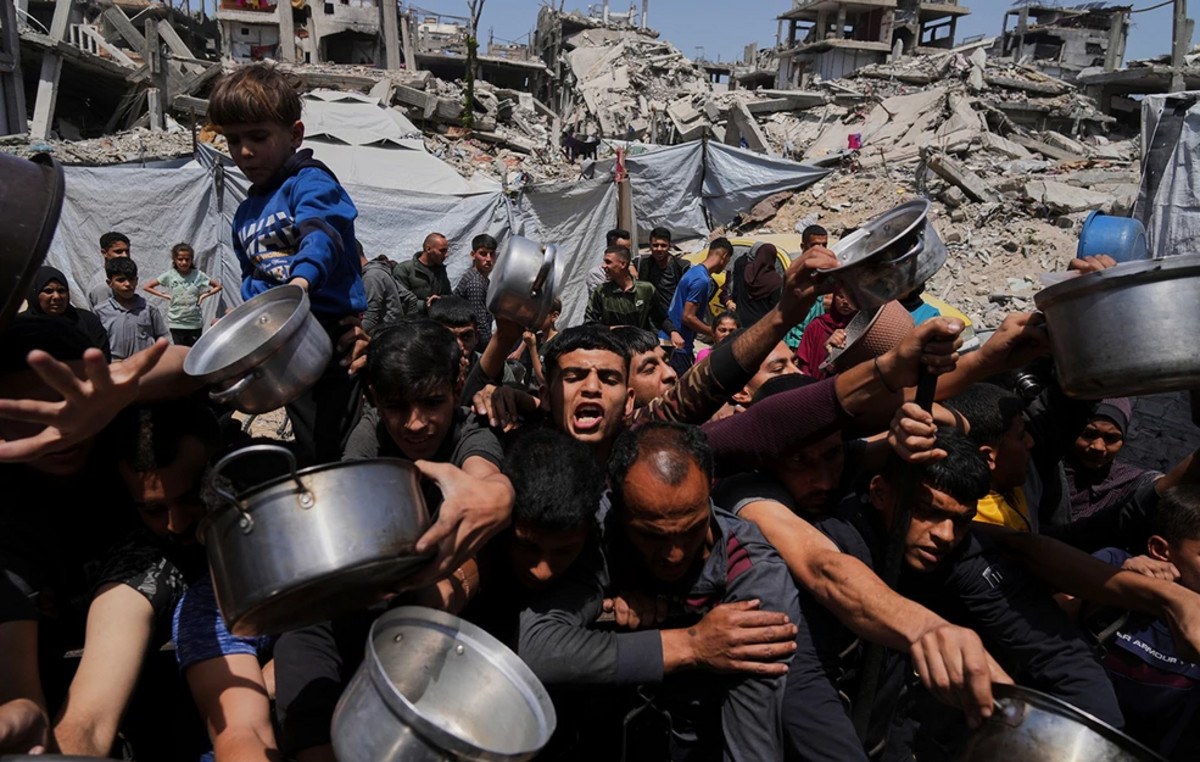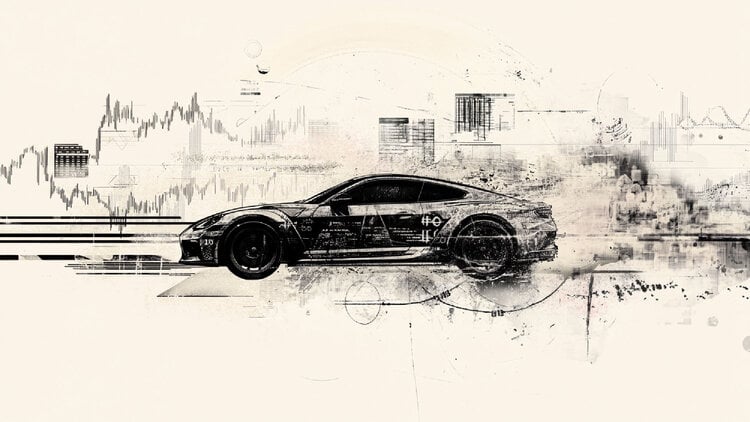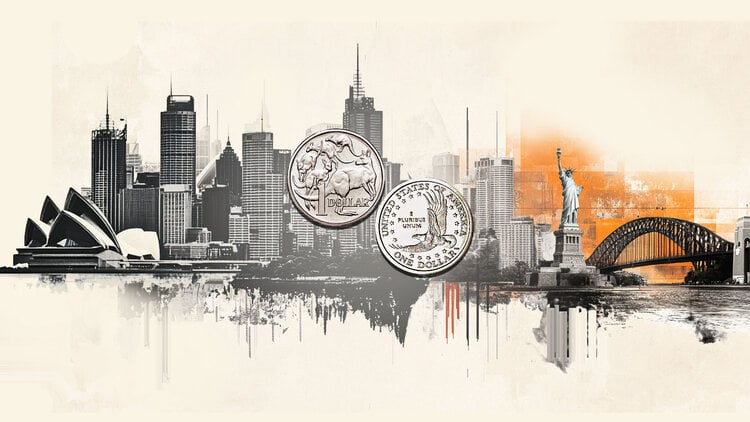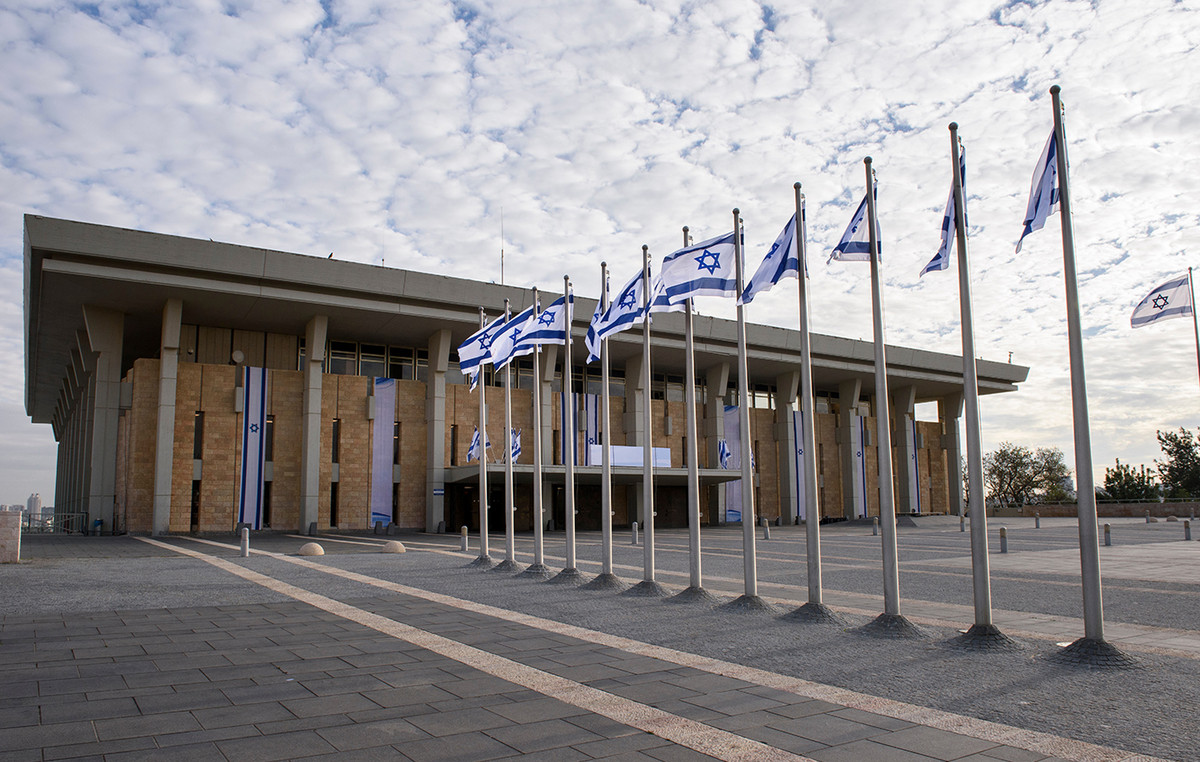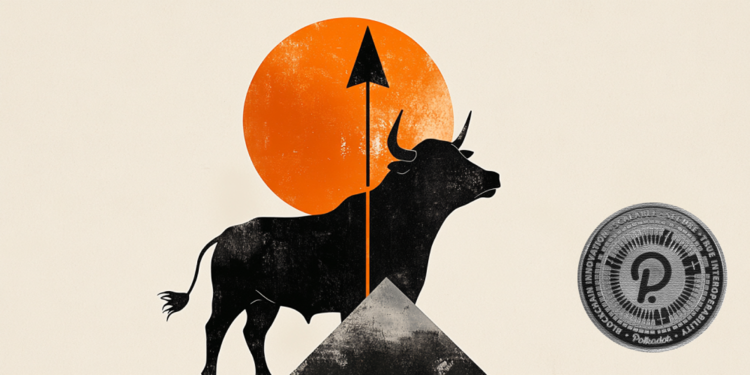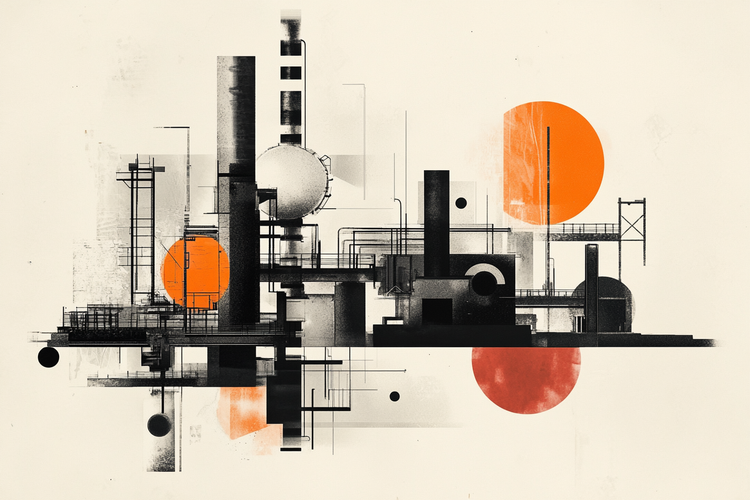LAST UPDATE 16.02
Oil prices are rising sharply after the announcement of the head of the Commission, Ursula von der Leyen, that the countries of the European Union will gradually stop importing Russian oil and refined products.
Particularly, Brent’s July contract It strengthened by 3.97% or $ 4.17 and its price is set at $ 109.16 per barrel.
Similarly, the American WTI sees his own most active June contract to rise 4.19% or $ 4.29 with its price reaching $ 106.72 a barrel.
“We will gradually phase out the supply of Russian crude oil within six months and refined products by the end of the year,” Ursula von der Leyen told the European Parliament, a development that had been announced since last week, when the market began to invoices her.
“This is going to be a complete ban on imports of Russian crude and refined oil. It will not be easy. Some Member States are heavily dependent on Russian oil. But we have to work for that,” she said. It is noted that the proposal requires approval from all 27 EU countries to enter into force.
Germany used to be considered a major obstacle to imposing a European embargo on Russian oil, but Berlin’s representatives at European institutions reportedly said last week that the country no longer objected as long as it was given time to secure supplies from other producers.
In the same context, the German Minister of Economy, Robert Habeck, had stated that the largest economy in Europe hopes to have stopped all imports of crude oil from Russia within a few days.
At the same time, additional pressure on prices is exerted by the data on US stocks, which showed that in the week ended April 29 fell by 3.5 million barrels, while market estimates predicted a slight drop of 800 thousand barrels.
On the other hand, fears about crude demand – which work the other way around by balancing pressures – are coming from China, where further severe lockdowns are being extended to tackle the country’s new pandemic outbreak.
Characteristically, the global manufacturing PMI fell for the first time since April 2020 – when the covid-19 pandemic began to spread worldwide – largely due to limited manufacturing activity in China.
As Capital Economics’ Caroline Bain points out in a note, “the big picture is clearly negative for commodity demand,” adding that rising inflation and higher interest rates are beginning to cut spending.
“Although supply constraints may keep commodity prices high for some time, we believe that subdued demand will affect most prices later in the year and into 2023,” she said.
As it became known today, OPEC + now forecasts a production surplus of 1.9 million barrels of oil per day in 2022 amid a gradual reduction in demand within the year.
The previous estimate of the Organization and its allies predicted a significantly smaller surplus of 600 thousand barrels per day, but was revised upwards in the light of the impact of the Russian invasion of Ukraine, rising inflation and the “resurgence” of the pandemic in China due to Omicron variant.
Rising gas and electricity
European electricity prices are also rising after the Commission’s announcement, as the gradual embargo on Russian oil this year could boost demand for gas and coal, while pushing Moscow to retaliate.
According to Bloomberg, gas and electricity prices jumped more than 5%, extending Tuesday’s profits. It is noted that Europe depends on Russia for about 25% of its oil and one third of its gas needs. New sanctions proposed by the Commission, which also include cutting off more Russian banks from the SWIFT system, heighten concerns about Europe’s energy supply just a week after Russia’s Gazpom cut off gas supplies to Poland and Bulgaria. due to refusal to pay in rubles.
“Our baseline scenario envisions more interruptions of Russian gas supplies to Europe in the future,” said Mark Haefele, chief investment officer at UBS Global Wealth Management. “Some countries may experience economic stagnation or a slight contraction in the process.” He does not expect a complete cessation of all Russian gas supplies to Europe.
Risks increase market nervousness about how buyers will respond to Gazprom’s new payment terms. Russia wants companies to open two accounts with Gazprombank, one in euros and one in rubles, so that payments can be converted into Russian currency. EU Energy Commissioner Kadri Simpson said on Monday that meeting Russia’s request would be a breach of sanctions.
Many buyers who are faced with payment deadlines in the coming weeks are still unsure of how to proceed, a move that raises concerns about more supply breaks.
The June contracts for gas trading in the Netherlands recorded a “jump” of up to 7.4% to 106.75 euros per megawatt hour, however the price now stands at 104.25 euros with an increase of 4.8%.
The corresponding contract in the United Kingdom strengthened by 9.8% m, while the German current for next year – a benchmark for Europe – increased by 5.45 to 216 euros per megawatt hour.
Electricity prices have also risen due to the low availability of nuclear power plants in France, the EU’s leading producer of nuclear power.
The war in Ukraine forced Europe to try to get rid of Russian energy. While replacing huge amounts of Russian energy is a huge undertaking, countries are leveraging liquefied natural gas (LNG) supplies from the US, planning to keep coal plants open for longer periods of time, and boosting investment in renewable energy sources.
Gas deliveries from Norway, Europe’s second largest gas supplier, rose on Wednesday following the end of some scheduled maintenance work. Equinor ASA said earlier this year that it would do its utmost to allay concerns about Russian flows to the continent. On Wednesday, it said it was ready to add more quantities with the Hammerfest liquefied natural gas plant in northern Norway well on track to begin production on May 17 after it closed due to a fire in late 2020.
“In the midst of an energy crisis in Europe, Equinor’s top priority is to ensure safe and reliable deliveries,” Anders Opedal, the company’s chief executive, said on Wednesday.
Source: Capital
I am Sophia william, author of World Stock Market. I have a degree in journalism from the University of Missouri and I have worked as a reporter for several news websites. I have a passion for writing and informing people about the latest news and events happening in the world. I strive to be accurate and unbiased in my reporting, and I hope to provide readers with valuable information that they can use to make informed decisions.

